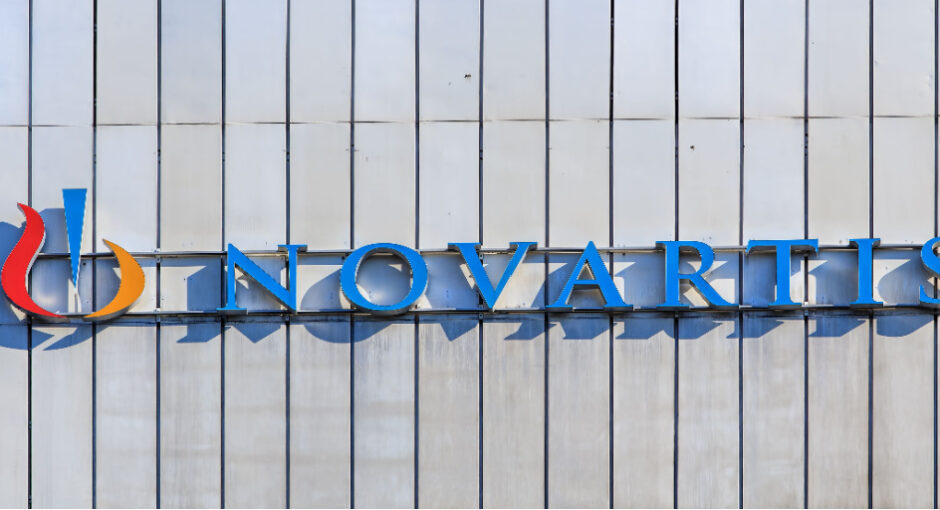Drug manufacturer Novartis this afternoon significantly beefed up its conditions on 340B pricing for hospitals.
Two others—GlaxoSmithKline and Pfizer—made similar moves on Friday. Novartis is the sixth to stiffen its 340B pricing policy since a federal appeals court ruled in late January “that “Congress never said that drug makers must deliver discounted Section 340B drugs to an unlimited number of contract pharmacies.”
“After careful consideration, we have decided to adjust our contract pharmacy policy to more closely match the 340B program’s intended focus, while preserving the sustainability of this vital program,” Novartis said in an April 3 letter sent by email to a covered entity.
“For hospital covered entities, beginning on May 1, 2023, Novartis will ship all units ordered at the 340B discounted price directly to covered entities,” the letter said. “Novartis will allow all covered entities without an in-house pharmacy to select one contract pharmacy location where Novartis will ship 340B discounted units.”
“In addition, Novartis will recognize any arrangements with contract pharmacies that are fully owned and controlled by a covered entity,” the letter continues. “All federal grantee covered entities continue to be exempt from our contract pharmacy policy.”
Under Novartis’ existing policy, in place since November 2020, a hospital may direct Novartis to ship 340B-purchased drugs to multiple contract pharmacies (1) only if the hospital uploads all 340B claims data originating from its contract pharmacies to drug industry contractor 340B ESP and (2) only for pharmacies measured to be within 40 miles of the parent hospital’s location.
“We continue to encourage all covered entities to voluntarily upload their claims data to the ESP platform, in an effort to increase transparency, mitigate instances of duplicative discounts, and otherwise help maintain the integrity and sustainability of this vital program,” the letter said.
Although the U.S. Court of Appeals for the Third Circuit said in January that manufacturers did not have to deliver 340B drugs to as many contract pharmacies as a covered entity wished, it indicated that manufacturers could not bar all use of contract pharmacies. If a company did so, “it is possible that an entity lacking an in-house pharmacy could not in practice accept an offer of 340B pricing,” the appeals court said.
Novartis and the five other companies that have adjusted their policies since the Third Circuit’s ruling all say that a covered entity lacking an in-house pharmacy may designate one contract pharmacy although some of them have placed a 40-mile radius restriction.
The federal appeals court decision in January involved AstraZeneca, Novo Nordisk, and Sanofi’s conditions on 340B contract pharmacies. A different federal appeals court is expected to rule at any time on the legality of Novartis and United Therapeutics’ 340B contract pharmacy policies. A third federal appeals court likewise is expected to rule at any time on Eli Lilly’s 340B contact pharmacy policy.
That Novartis toughened its policy before the appeals court ruled in its case could signal that it expects a favorable decision.
It also is notable that Novartis CEO Vas Narasimhan is the current chair of the board of Pharmaceutical Research and Manufacturers of America. PhRMA and the National Association of Community Health Centers last month agreed on a common set of principles to guide 340B program reform.
Novartis’ move might add pressure on the government to take additional enforcement actions against the drug manufacturers that are increasing their restrictions. Two weeks ago, the hospital trade group 340B Health wrote to U.S. Health Resources and Services Administration Administrator Carole Johnson asking the agency to penalize the first company to increase restrictions—Johnson & Johnson—for what the group describes as an unlawful action that is contrary to the recent Third Circuit decision, according to 340B Health members attending the 340B Coalition winter conference in San Diego last week.


